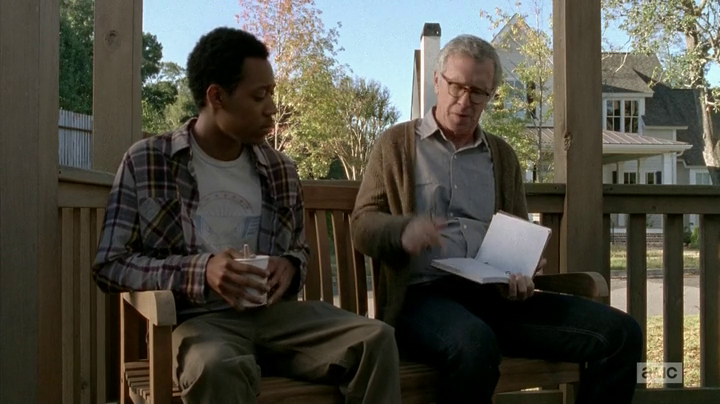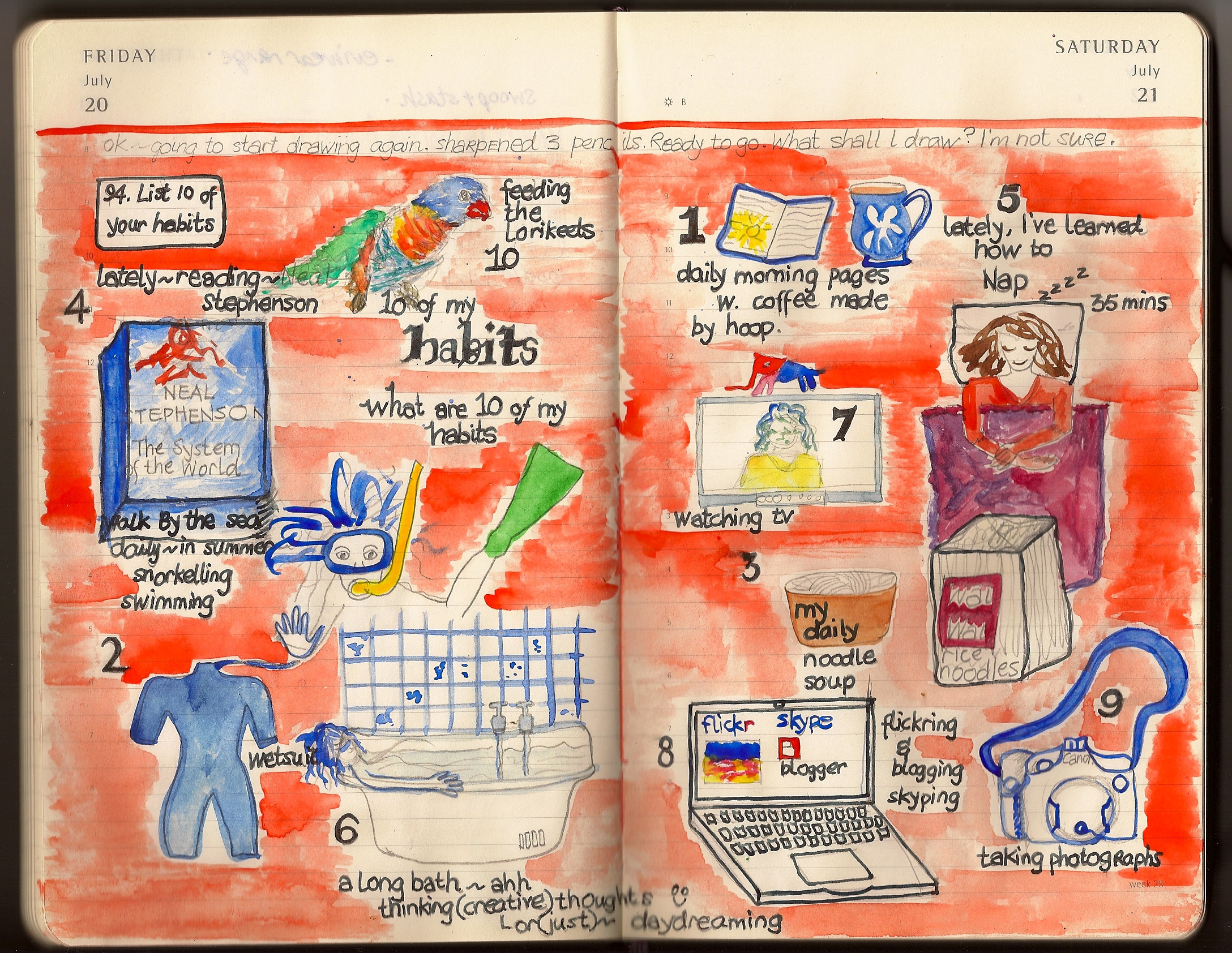
Fostering relationships that enable and sustain collaboration and inquiry requires building trust about both technical competencies and each person’s interest in dialogue. Therefore, two contexts require special attention. First, when newcomers come onboard to the team, they may or may not be familiar with the general organizational context or the specific working conditions.









